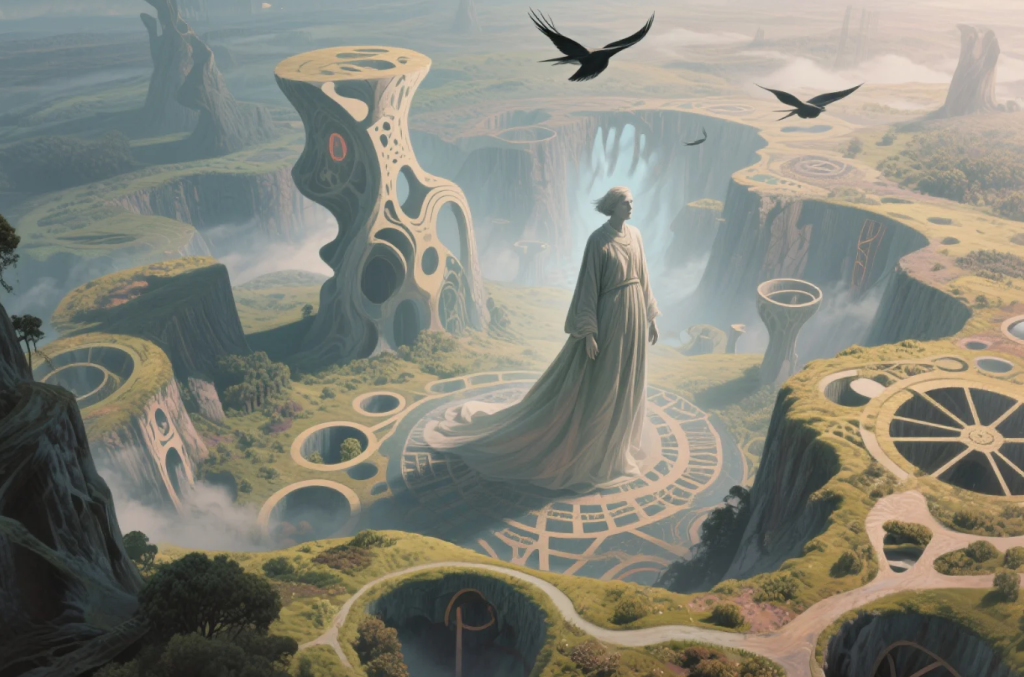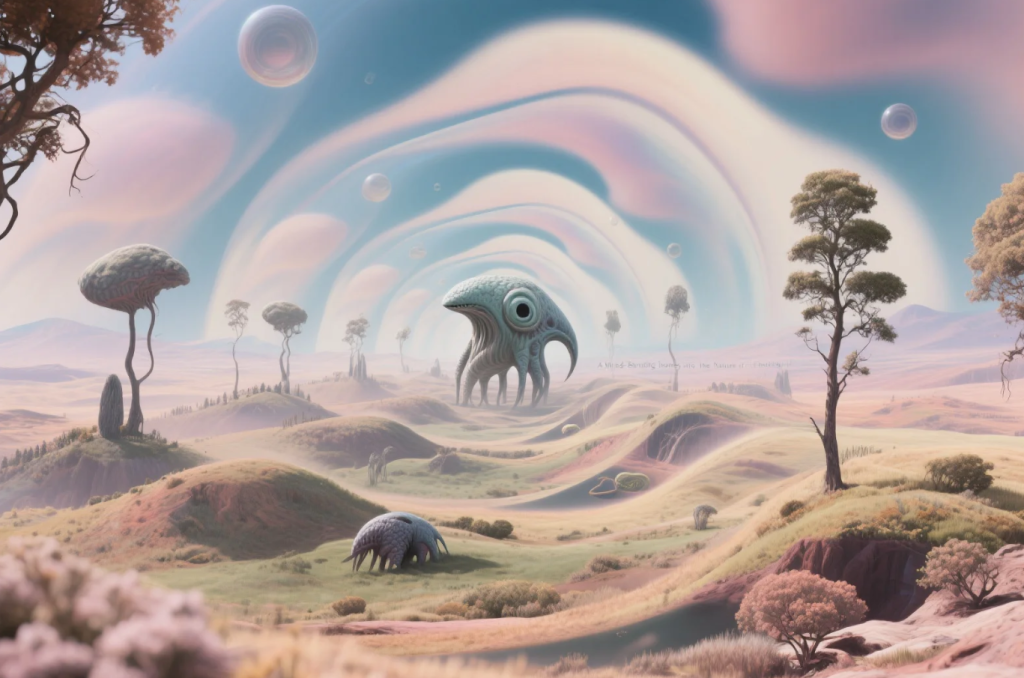Have you ever stopped to wonder if the world around you is real — or if it’s all just part of a sophisticated simulation? This question, once confined to science fiction, has captured the imagination of physicists, philosophers, and tech billionaires alike. The idea that we might be living inside a computer simulation may sound absurd at first, but as we peel back the layers of science, logic, and philosophy, it becomes harder to dismiss.
In this article, we’ll dive deep into the simulation hypothesis, explore the evidence for and against it, and uncover why this thought experiment is more than just a late-night dorm room conversation.
What Is the Simulation Hypothesis?
The simulation hypothesis proposes that our reality — everything we perceive as physical existence — is actually a computer-generated simulation created by a highly advanced civilization. Think of it like a supercharged version of The Matrix, only instead of being trapped by machines, we may be unaware participants in a digital cosmos.
This idea gained mainstream attention thanks to philosopher Nick Bostrom of the University of Oxford, who in 2003 published a paper arguing that one of the following must be true:
- Civilizations never reach a level where they can simulate conscious beings.
- Advanced civilizations choose not to run simulations.
- We are almost certainly living in a simulation.
Out of these three, if the first two are false, then the third must be true.
The Strange Logic That Supports It
Let’s break it down.
If humanity (or any intelligent species) survives long enough, it’s likely to create powerful computers capable of simulating entire universes — complete with conscious minds inside. If this is possible, then simulated realities could vastly outnumber “real” ones. Statistically, it’s far more probable that we’re in one of those simulations than in the original base reality.
To use a metaphor: if there are a million photos of a forest and only one real forest, and you find yourself looking at a photo, what are the chances it’s the real one?
The Technological Angle: Moore’s Law and Virtual Reality
One reason this theory holds weight is the rapid pace of technological advancement. Moore’s Law, which predicted that computing power would double approximately every two years, has held for decades. Now, consider the leap from Pong to photorealistic games like Red Dead Redemption 2 or virtual worlds like those in VR headsets.
It’s not far-fetched to imagine a future where simulations are so detailed that the beings within them can’t tell they’re not real.
Games like The Sims and Minecraft are rudimentary examples. But what if, in 500 years, we develop “ancestor simulations” to study history? Those digital humans would believe they’re real — just like us.
Are There Clues in Physics?
Some scientists suggest that quantum mechanics could hint at a simulated universe. In particular, the “pixelated” nature of reality — where space and time seem to have smallest possible units — resembles how a computer simulation might work.
Even more intriguing is the observer effect, where particles behave differently when measured. Some theorists speculate this could be a way for a simulation to save resources — like a video game rendering only what’s in the player’s view.
Then there’s the mystery of the speed of light, a universal speed limit that could be analogous to processing limits in a simulation.
Consciousness: The Wild Card
One of the thorniest parts of the simulation debate is consciousness. If we’re in a simulation, are our thoughts our own? Or are we just sophisticated code responding to stimuli?
Some argue that consciousness is substrate-independent, meaning it doesn’t matter whether it’s based in biological brains or computer circuits — it’s the patterns that matter. If so, then simulated minds could be just as “real” as biological ones.
Others say consciousness might be fundamentally different, and no machine — no matter how advanced — could replicate the self-aware experience of being human.
Why Would Anyone Simulate Us?
If we assume we’re in a simulation, the next logical question is: why?
- Scientific research: Advanced civilizations might want to study their ancestors, just as archaeologists study ancient cultures.
- Entertainment: Just like we binge-watch dramas, an alien teenager might be watching our universe unfold as a reality show.
- Art or philosophy: Our entire existence could be part of a creative project, like a cosmic art installation.
Whatever the reason, it’s clear that the purpose doesn’t need to make sense to us — only to our hypothetical creators.
Philosophical Implications
The simulation hypothesis doesn’t just tickle scientific curiosity; it challenges the very foundation of human identity and existence.
- Free will: If we’re programmed, are our choices real?
- Morality: Do simulated beings have rights? Would it be ethical to end a simulation?
- Religion and metaphysics: Could our “programmers” be gods in a literal sense?
These questions bring us into the realm of metaphysical inquiry — where science and philosophy collide.

The Counterarguments: Why It Might Not Be True
While compelling, the simulation hypothesis is not without criticism.
- Lack of empirical evidence: There’s no testable proof that we’re in a simulation. It’s a fascinating idea, but speculation isn’t science.
- The complexity problem: Simulating an entire universe — down to every atom — would require astronomical computing power, possibly more than is available in any conceivable civilization.
- Consciousness gap: We still don’t understand how consciousness arises. Simulating minds may turn out to be impossible.
- Philosophical resistance: Some philosophers argue the theory is unfalsifiable and therefore not scientifically meaningful.
What If We Are in a Simulation?
Here’s the twist: even if we are in a simulation, it might not change much. Our experiences still feel real. Our emotions, relationships, and dreams are genuine to us.
Whether we’re in a digital universe or not, we still suffer, love, learn, and grow. The simulation hypothesis might be intellectually stimulating, but it doesn’t make life less meaningful.
In fact, knowing we might be in a simulation can prompt us to live with more curiosity, more gratitude, and more awe. Because if the universe is a simulation, then every moment is a programmed miracle.
The Ultimate “What If”
So, are we in a simulation?
We don’t have a definitive answer — and maybe we never will. But exploring this question leads us down pathways that challenge our assumptions about reality, technology, and ourselves.
Whether you’re a skeptic or a believer, one thing is certain: the simulation hypothesis isn’t just a sci-fi fantasy. It’s a doorway to deeper thinking about the universe and our place in it.
And perhaps that, in itself, is worth the simulation.


